Following months of planning and extensive faculty collaboration, the USF College of Public Health (COPH) received unanimous approval from the USF Faculty Senate to reorganize and reestablish its academic departments. This significant achievement marks a new chapter in the college’s commitment to excellence in public health education, research and practice.
“This is a substantial achievement by the faculty and the college, and credit is due to each of you,” said Dr. Jay Wolfson, distinguished service professor and former interim dean of the COPH. “The challenging operational, financial and collegial work is ahead, but this faculty has the commitment and talent to make it a success.”
The reorganization introduces five distinct departments, each with a focused mission to enhance collaboration, drive innovation and strengthen student success.
Department of Biostatistics and Data Sciences
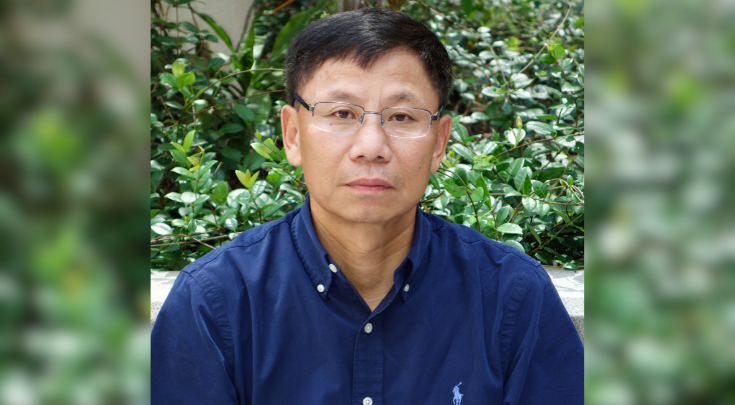
Henian Chen, MD, PhD (Photo by Caitlin Keough)
Led by Dr. Henian Chen, the newly established Department of Biostatistics and Data Sciences aims to expand its research capacity and educational offerings. Among its priorities are attracting new faculty, launching an online biostatistics MPH program and creating a medical and health data science program to meet the growing demand for expertise in data-driven health care solutions.
“As the first biostatistics PhD program in Florida, we have a rich history of excellence,” Chen said. “With this new chapter, we now have the opportunity to regain our position and continue building on our legacy of success.”
Department of Epidemiology
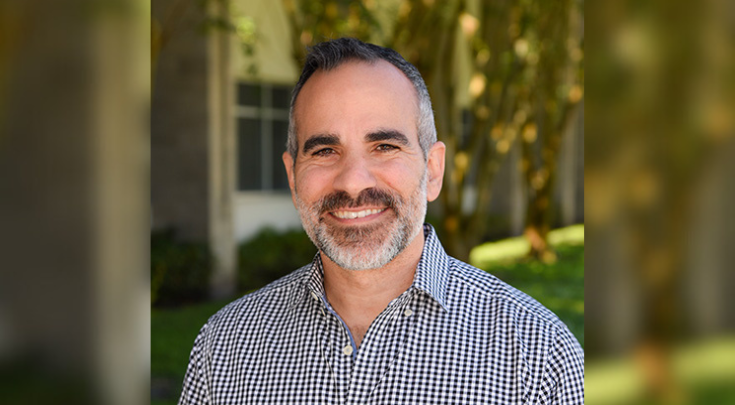
Jason L. Salemi, PhD, MPH, FACE (Photo by Caitlin Keough)
Under the leadership of Dr. Jason Salemi, the Department of Epidemiology will focus on fostering interdisciplinary collaboration and advancing evidence-based solutions to public health challenges.
“Our department’s formation is first and foremost a chance to lead with resilience,” Salemi said. “With our exceptional faculty and staff, we’ll expand interdisciplinary partnerships, think creatively about funding innovative research and align our curriculum with the evolving public health landscape.”
Department of Community Health Sciences
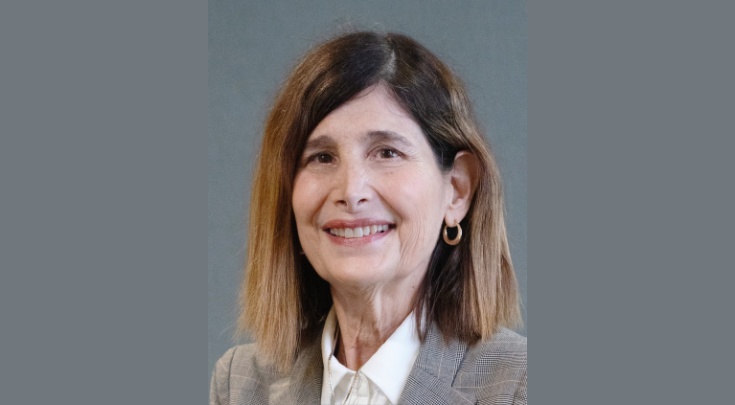
Karen Liller, PhD, CPH, FAAAS, FAAHB (Photo by Caitlin Keough)
Dr. Karen D. Liller will lead the Department of Community Health Sciences, which will focus on strengthening teaching, research and outreach efforts across the college and university.
“We have the opportunity to examine curricula for duplication and missed opportunities, create new and exciting courses and programs and build student enrollment,” Liller said. “Our vision is to be a strategic, creative and bold global leader in strengthening and reimagining the health of societies and communities.”
Department of Health Policy and Systems Management
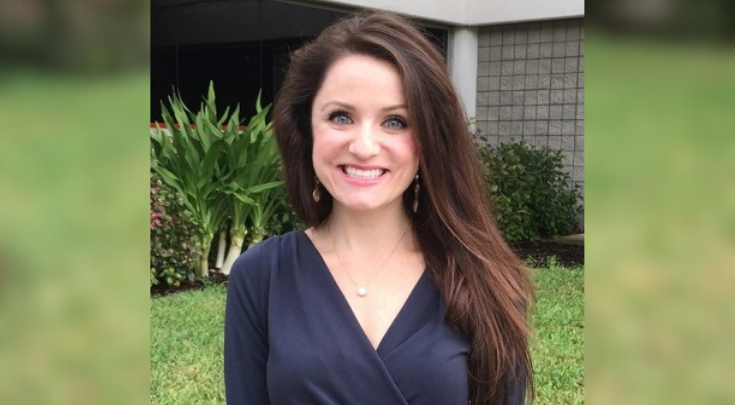
Katherine Drabiak, JD (Photo by Caitlin Keough)
Dr. Katherine Drabiak will oversee the Department of Health Policy and Systems Management, which will address critical issues in health care policy, leadership and administration.
"The Department of Health Policy and Systems Management is excited for the opportunity
to re-envision how the specialties of our faculty can complement our understanding
of the policies, systems and practices that make our health care institutions and
workplaces work optimally," Drabiak said. "We have phenomenal faculty engaging in
high impact work, such as serving in leadership roles with the American College of
Healthcare Executives, educating physicians at Grand Rounds on economic evaluation
for clinical decision-making and directing the OSHA Training Institute and Education Center."
Department of Global, Environmental, and Genomic Health Sciences
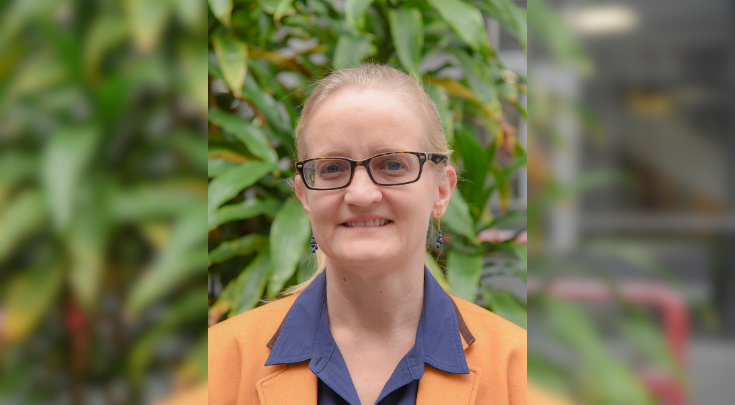
Amy Stuart, PhD (Photo courtesy of Stuart)
Led by Dr. Amy Stuart, this department will emphasize interdisciplinary research on environmental health, genomics and global public health initiatives.
“With the integration of faculty in the new department, we will be able to better coordinate our curricular programs and research efforts to train public health scientists and practitioners with cutting-edge skills,” said Stuart. “This positions us to compete for large-scale research and training grants that support our trainees and advance knowledge in global environmental health.”
Looking forward
The reorganization aims to strengthen the college’s ability to tackle pressing public health challenges while fostering a collaborative and dynamic academic environment. Faculty members and college leadership remain committed to advancing research, enhancing student learning and expanding outreach efforts that make a tangible impact on communities.
“As we move forward, our collective dedication will shape a vibrant, forward-thinking academic community that strengthens public health for generations to come,” Salemi said.
